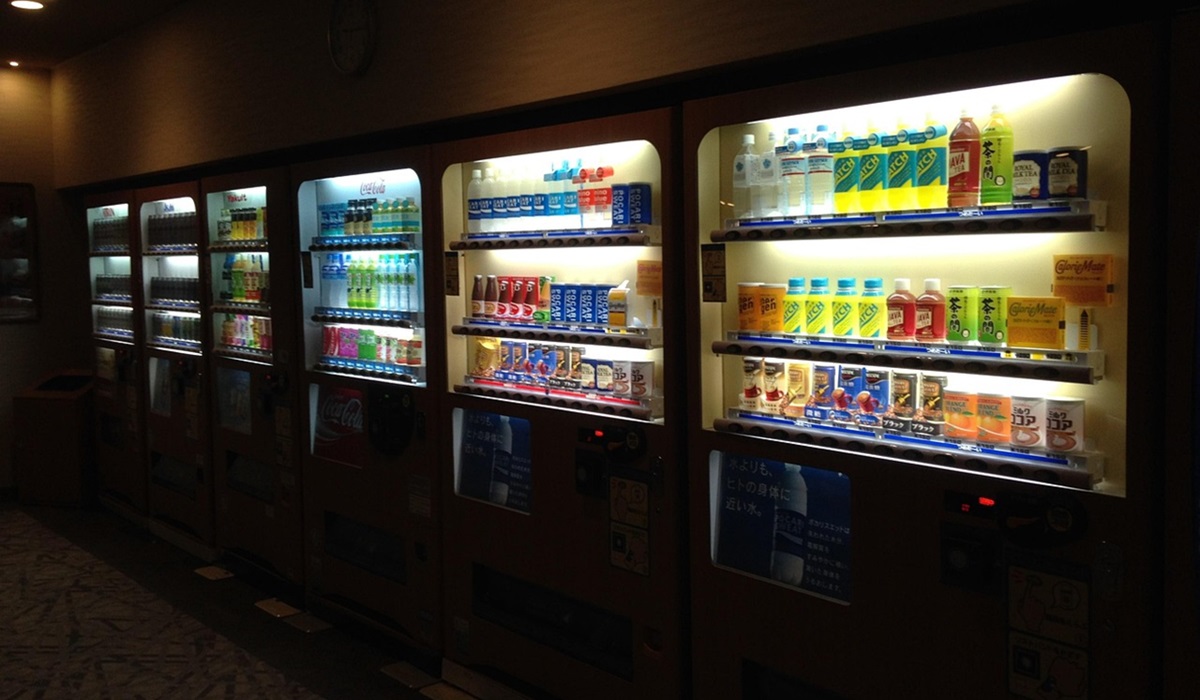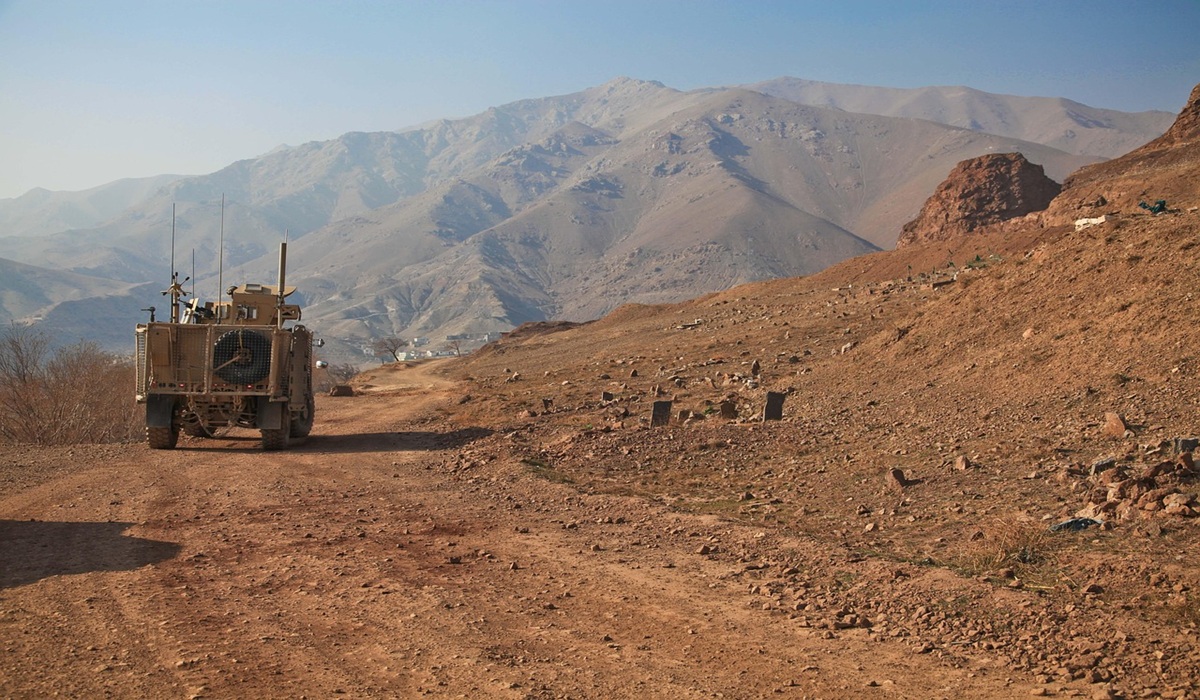Image Credit: Crystal Chen
Japan has introduced vending machines equipped with seismic sensors that automatically unlock to dispense essential supplies during major earthquakes. This innovative approach aims to provide immediate relief to affected individuals, enhancing the nation’s disaster preparedness and fostering a culture of community support.
The coastal city of Ako in Hyogo Prefecture has pioneered this initiative by installing two emergency vending machines near designated evacuation shelters. These machines, developed by Earth Corp, contain approximately 300 bottles and cans of soft drinks and 150 emergency food items, including nutritional supplements. In the event of a heavy rain warning or an evacuation order following an earthquake registering a magnitude of five or higher on the Japanese seismic intensity scale, the machines automatically unlock to offer their contents free of charge. During normal times, the items must be paid for.
This initiative is a collaboration between the municipality and Tokyo-based pharmaceutical firm Earth Corp., which has research and production facilities in Ako. The company plans to expand the installation of these innovative machines throughout the country.
Japan’s proactive approach to disaster preparedness reflects a deep-seated cultural commitment to community welfare and resilience. The integration of vending machines into disaster response strategies demonstrates a thoughtful application of technology to meet immediate needs during emergencies. By providing accessible sustenance during crises, these machines serve as a lifeline for individuals in distress.
The strategic placement of these machines near evacuation shelters ensures that essential supplies are readily available to those who need them most. This initiative not only addresses immediate physical needs but also fosters a sense of security and solidarity among community members.
Japan is considered the vending machine capital of the world. With over 4 million machines nationwide, there is roughly one machine for every 30 people. They are found everywhere—from bustling city streets to remote mountain trails and small islands. The industry generates over ¥5 trillion yen ($35 billion USD) annually.
While beverages dominate, modern vending machines sell a staggering variety of items: hot meals, fresh fruit, ice cream, umbrellas, neckties, phone chargers, surgical masks, flowers, eggs, train tickets, batteries, and even toys or collectibles. Some machines serve freshly prepared ramen or curry in under a minute, while others dispense hot and cold drinks from the same unit depending on the season. Many also double as public service tools, equipped with emergency lighting, AEDs, and Wi-Fi hotspots.
This wide range reflects Japan’s culture of convenience, high technology adoption, low crime rates, and efficient logistics, making vending machines a vital part of everyday life and emergency preparedness.
The introduction of earthquake-ready vending machines underscores Japan’s dedication to building resilient communities. By leveraging technology and infrastructure to support disaster preparedness, Japan sets a global example of how societies can proactively address the challenges posed by natural disasters.
This initiative reflects a broader societal ethos that prioritizes collective well-being and preparedness. It highlights the importance of integrating innovative solutions into public infrastructure to enhance community resilience and ensure the safety and security of all citizens.









